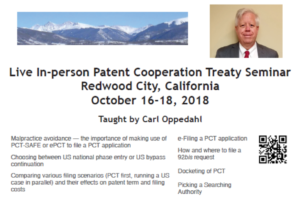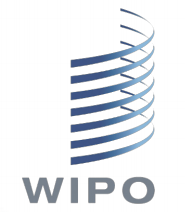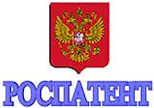
Recently I mailed post cards to nearly all of the people in Silicon Valley who are admitted to practice before the USPTO. This was about 4000 post cards.
By now, about 400 of these post cards have been returned to sender as undeliverable. Ten percent!
For each of these mailing addresses, it means the practitioner’s address with the Office of Enrollment and Discipline is undeliverable. As I flip quickly through this stack of several hundred returned cards, I see names of very well known law firms and very well known high-tech companies.
So the point of this post is that if you did not receive one of these post cards, you might want to look in the the OED database to see if your mailing address with the OED is out of date.
If you are located outside of Silicon Valley and you know someone who is a registered practitioner in Silicon Valley, you might want to ask them if they did not receive the post card, in which case they might want to look in the OED database to see if they need to update their address.


 The search fee paid in US dollars by US filers for a PCT search carried out by the EPO dropped today. I first reported this to you on July 20, 2018 (
The search fee paid in US dollars by US filers for a PCT search carried out by the EPO dropped today. I first reported this to you on July 20, 2018 ( WIPO is developing a new Global IP Platform or GIPP. The goal of the GIPP is to provide a personalized home page for a user of WIPO’s web site, with easy-to-find links to the various database and e-commerce systems provided by WIPO. The user can set up an array of widgets or tiles providing access to the particular databases and systems that are of interest to the user.
WIPO is developing a new Global IP Platform or GIPP. The goal of the GIPP is to provide a personalized home page for a user of WIPO’s web site, with easy-to-find links to the various database and e-commerce systems provided by WIPO. The user can set up an array of widgets or tiles providing access to the particular databases and systems that are of interest to the user. 